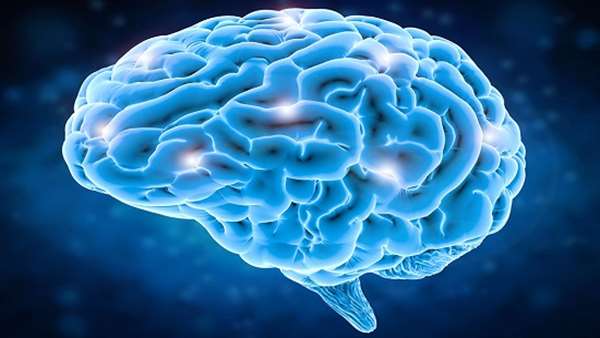ALS Stem Cell Therapy (Amyotrophic Lateral Sclerosis)
Amyotrophic Lateral Sclerosis (ALS) is a rare neurological disorder which is mainly related to nerve cells. Our neurons are responsible for muscle movements, like chewing, talking or breathing, just to name a few. It is a severity disease which means it will be increasing over the course of time.
Amyotrophic Lateral Sclerosis (ALS) is a rare neurological disorder which is mainly related to nerve cells. Our neurons are responsible for muscle movements, like chewing, talking or breathing, just to name a few. It is a severity disease which means it will be increasing over the course of time. The word Amyotrophic is a Greek word where “A” is no, “myo” stands for muscles and “trophic” which means nourishment. Until now there is no known cure for the disease, but stem cells are being used as its new ray of hope.
The causes of ALS are not known, but a study in 1993 showed that the patient’s body produced Cu/Zn superoxide dismutase (SOD1) which was associated with some cases of ALS. The primary cause can be considered as genetics, many scientists in their study have found out that the mutant SOD1 can become toxic. Even the environmental factors such as diet, infection agents, and viruses can also be the causes.
There are no single tests that can detect ALS. The physician has to review the medical history and then conduct neurological examinations periodically to check whether the symptoms are getting worse or not. The primary diagnosis is made by observing the signs and symptoms by the physician after running a series of tests. These tests can be electromyography (EMG) wherein the electrical ability of the muscle fibres is checked through special recordings. Then there is Nerves Conduction Study (NCS), this test is done on the nerves. The doctor may also refer to Magnetic Resonance Test (MRI) including a set of laboratory tests such as urine and blood tests.
MSC´s have plasticity properties and the ability to provide growth factors which modulate the immune system.
The transplantation of Mesenchymal Stem Cells (MSCs) leads to the increase in the survival of neurons as these cells are known to produce proteins that are helpful in the growth and survival of new-developing and mature neurons. Moreover, the idea of replacing the dying neurons with new stems cells is now more realistic, feasible and appealing. Patients who have been treated with stem cells have shown improvements in coordination, balance, speech, swallowing and few other areas as well.
The supportive therapies included in our ALS programs are:
• The stem cell repair mode stimulators: rejuvenation peptide injections
• Self-administration enzyme therapy for 30 days
• Customized nutrition packages based on your blood tests
• Tissue laser therapy
• Oxygen therapy
Hundreds of ALS patients around the world continue to see the incredible results of stem cells as part of their treatment regimen. Stem cell therapy has effectively been seen to slow down the progression of the illness, and to give patients, a better quality of life, one that they deserve.
Reference:https://stemcells21.com/neurological-treatments-with-stem-cells/als-stem-cell-therapy/





ارسال به دوستان